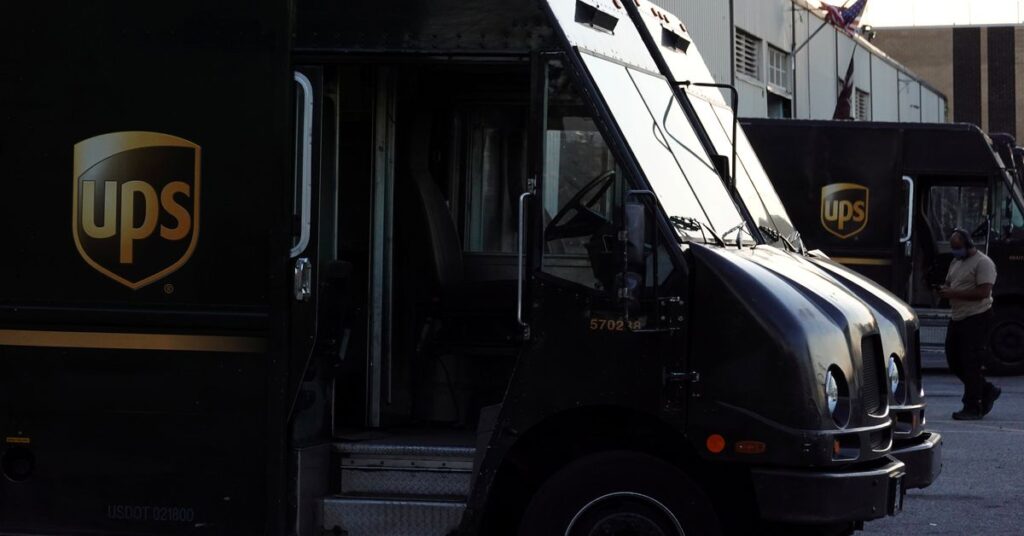LOS ANGELES, Feb 13 (Reuters) – United Parcel Service (UPS.N) on Monday confirmed it is taking steps to reduce its workforce in regions where delivery demand has softened, a comment that comes days after a local union reported that the company had begun nationwide layoffs of some drivers.
With the move, UPS joins rival FedEx (FDX.N) and other major transportation companies in trimming jobs as the early pandemic’s e-commerce shipping boom fizzles.
But the stakes are higher at UPS, which is preparing for the largest North American private sector union contract negotiations later this year that will pit the world’s largest package delivery firm against the powerful Teamsters union.
The contract covering roughly 350,000 Teamsters-represented drivers, loaders, package sorters and other UPS workers expires on July 31.
UPS is “reassigning” affected employees, the company said in a Monday email.
Latest Updates
View 2 more stories
“This is not nationwide, but only in select parts of the country, in response to uneven demand,” UPS said.
According to the UPS labor contract, reassigned full-time workers could opt to leave or take another job. Full-time workers have seniority over part-time workers, who could be replaced if reassigned workers opt to change duties.
UPS has announced plans to lay off so-called 22.4 drivers, a lower-paid category of drivers created during the last round of negotiations in 2018, Washington State’s Teamsters Local 174 said in a web posting dated Feb. 9. The union, which did not immediately respond to requests for comment, did not say how many positions would be affected .
Some New York locals also have reported the layoffs, according to Business Insider, which first reported the news.
National talks are scheduled to start on April 17 in Washington, D.C.
A break-down in talks between UPS and the union could have major consequences for the national economy and a global supply chain that is beginning to recover from the shock of the early pandemic.
The first and only strike at UPS in 1997 lasted for 15 days, impeded the shipment of goods, cost the company $850 million and sent some customers to rivals.
Reporting by Lisa Baertlein in Los Angeles; Editing by Aurora Ellis
: .


